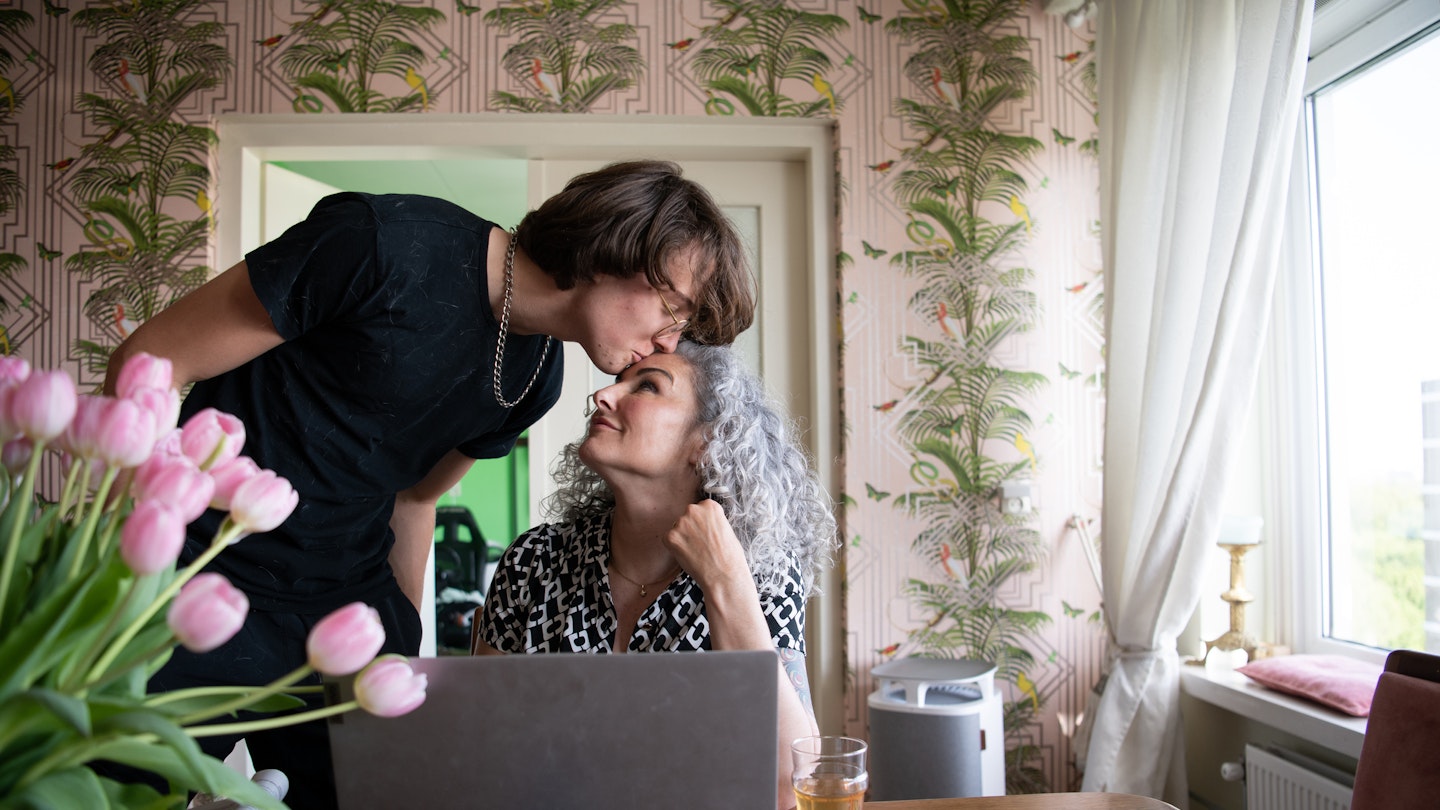'There is no more sombre enemy of good art,' wrote Cyril Connolly, ‘than the pram in the hall.’ I was reminded of this famous quote when I began writing my first novel, when my three children were all under two and my life was an endless round of nappies and feeds.
And yet.
I wrote that book during daytime naps and late at night. I scribbled lines while the kettle was boiling and made notes on my phone if inspiration struck at the park. Time may have been in short supply, but I felt infused with inspiration in a way I hadn’t felt before I before I became a mother. The pram in my hall was not a hindrance but a creative catalyst.
My children are now 16, 15 and 15 and the pram is a distant memory. They feed and clothe themselves, do their own laundry, help with the chores. They take themselves to school, catch buses, organise lifts. They are practically adults.
And yet.
I write with one eye on the clock. We are in the throes of GCSEs and one of my children is in a maths exam. Has he revised enough? Will he feel okay this afternoon, or will he need to talk? I write distractedly, worrying about a problem in school that has resulted in one of the others closeting themselves in their bedroom. Should I interfere or leave them be? I reach for the creative spark I need, but it’s buried beneath admin for sixth form colleges, work experience and driving lessons.
When my children were small, their demands were practical. There were doctors’ appointments and unscheduled trips to A&E; playdates and museum trips and wellies to remember for school forest day. And of course they had worries, and of course I worried too, but the worries were small and easily solved. A fall-out with a friend, forgotten by morning; a scraped knee requiring a plaster and a kiss.
Things are different now. My children have adult worries; worries I would never share here, but which fill my head and make me tearful on their behalf. When they’re small, goes the saying, they make your arms ache. When they’re big, they make your heart ache. Writing requires a certain amount of selfishness – an absorption in the task – that is hard to maintain in the face of real-life problems.
My early years of parenting followed strict routines, with bedtime at seven on the dot. Those long evenings (I never went to sleep before midnight) were my working time and when I wrote best, revelling in the dark quiet of a house in which everyone was asleep. I miss those evenings. Now, my teenagers roam the stairs till the early hours, rooting through snack cupboards or inexplicably deciding to start a workout or rearrange their bedroom.
It is not the pram in the hall that is the enemy to good art, but the schoolbag on the stairs. It’s the coffee mugs strewn about the house and the grocery shop that needs doing for the second time this week. It’s the late-night chats about life, politics and the universe, that I don’t want to interrupt because these moments are so joyous and precious, but also I’m exhausted and tomorrow I have a book to edit.
I am slowly adjusting. Reframing. I no longer have quiet evenings to write, but I have mornings – no teenager I know is up before midday unless they’re obliged to. There may well be days when the very real troubles of my teens take over, but there are also days when the house is happy and settled. Days when the writing flows so well I daren’t stop, when I’ll call to one of the kids and have them sort supper so I can work late.
I am adjusting. Not least because what I’ve learned about parenting is that every stage is fleeting, no matter how interminable it feels at the time. Before I know it, the children will be gone and I’ll have all the time in the world to write.
But I won’t have them. And I don’t know how I feel about that.
